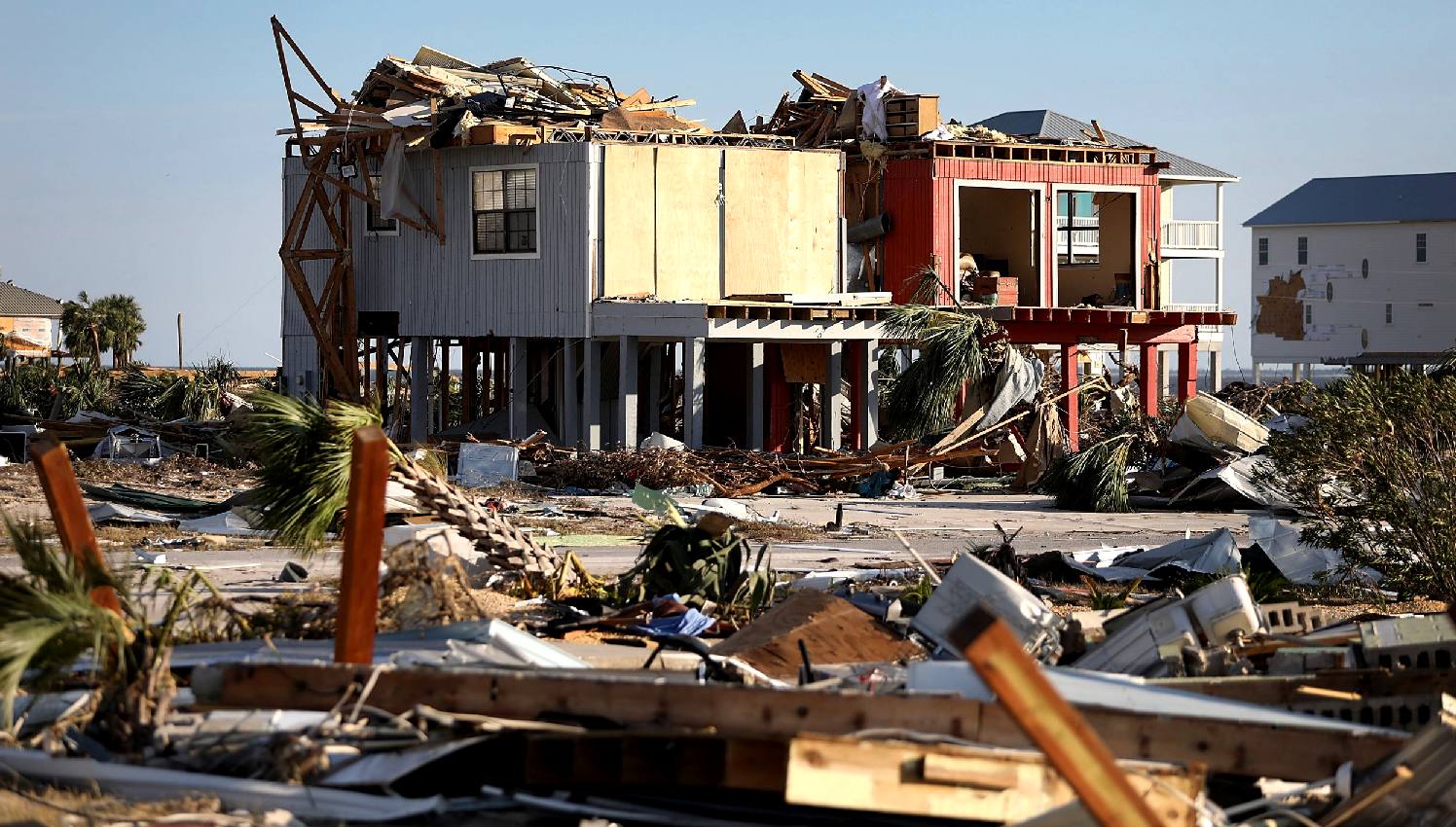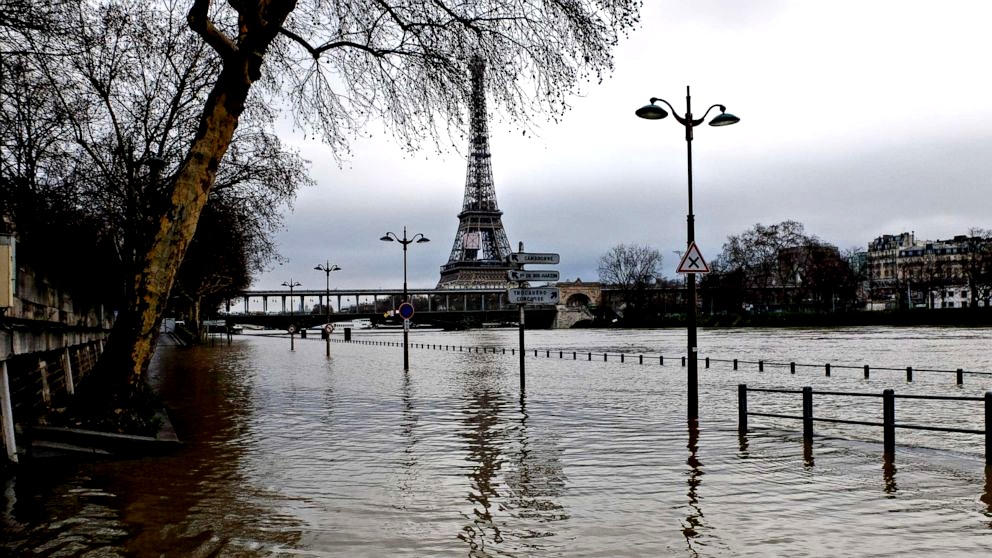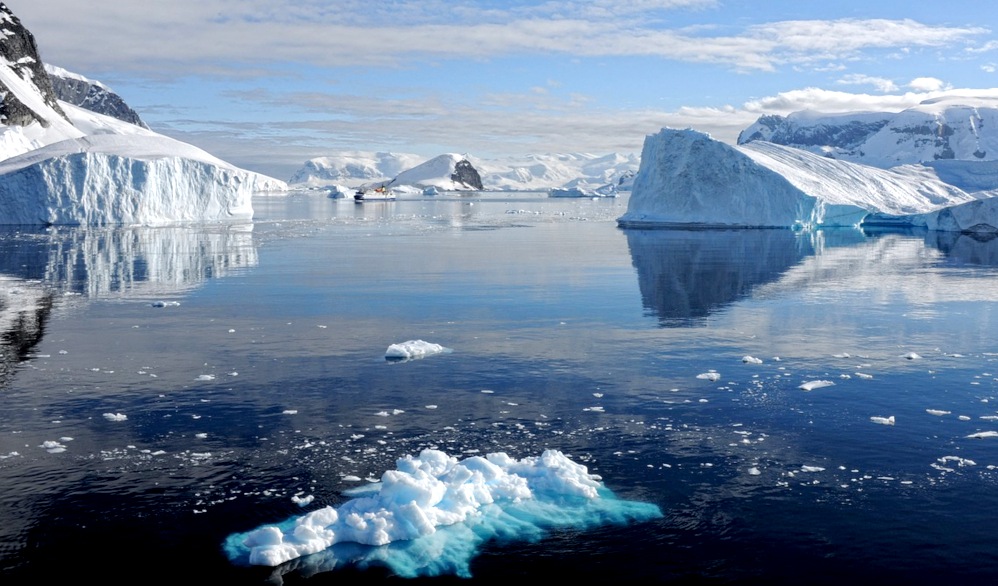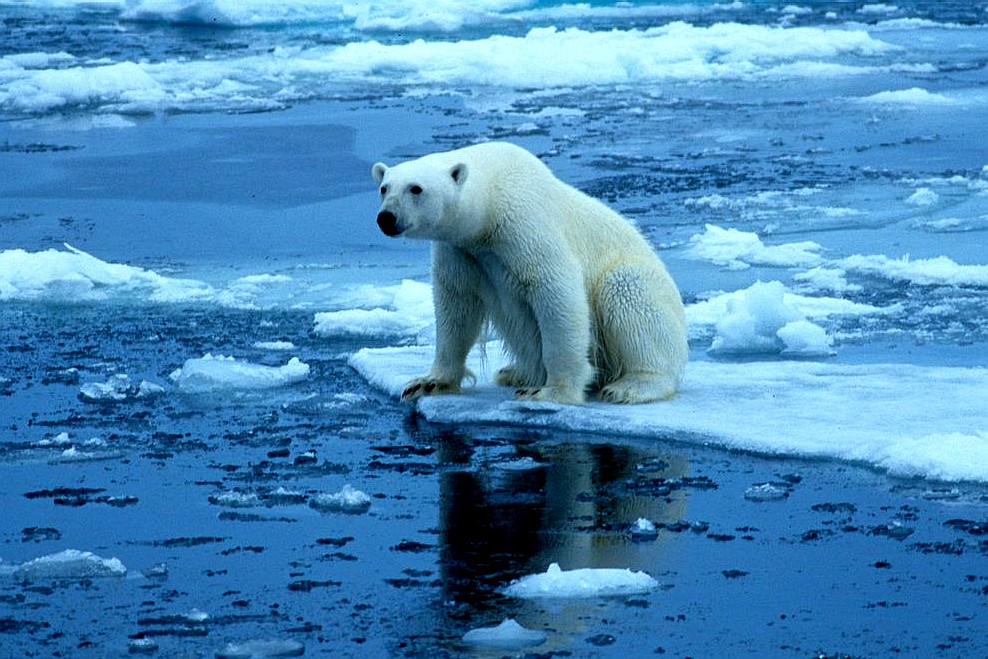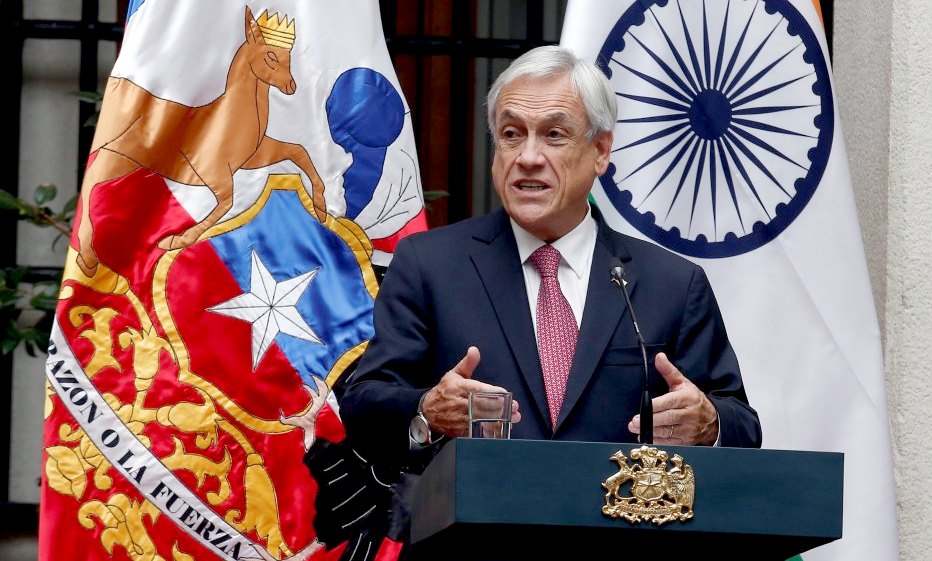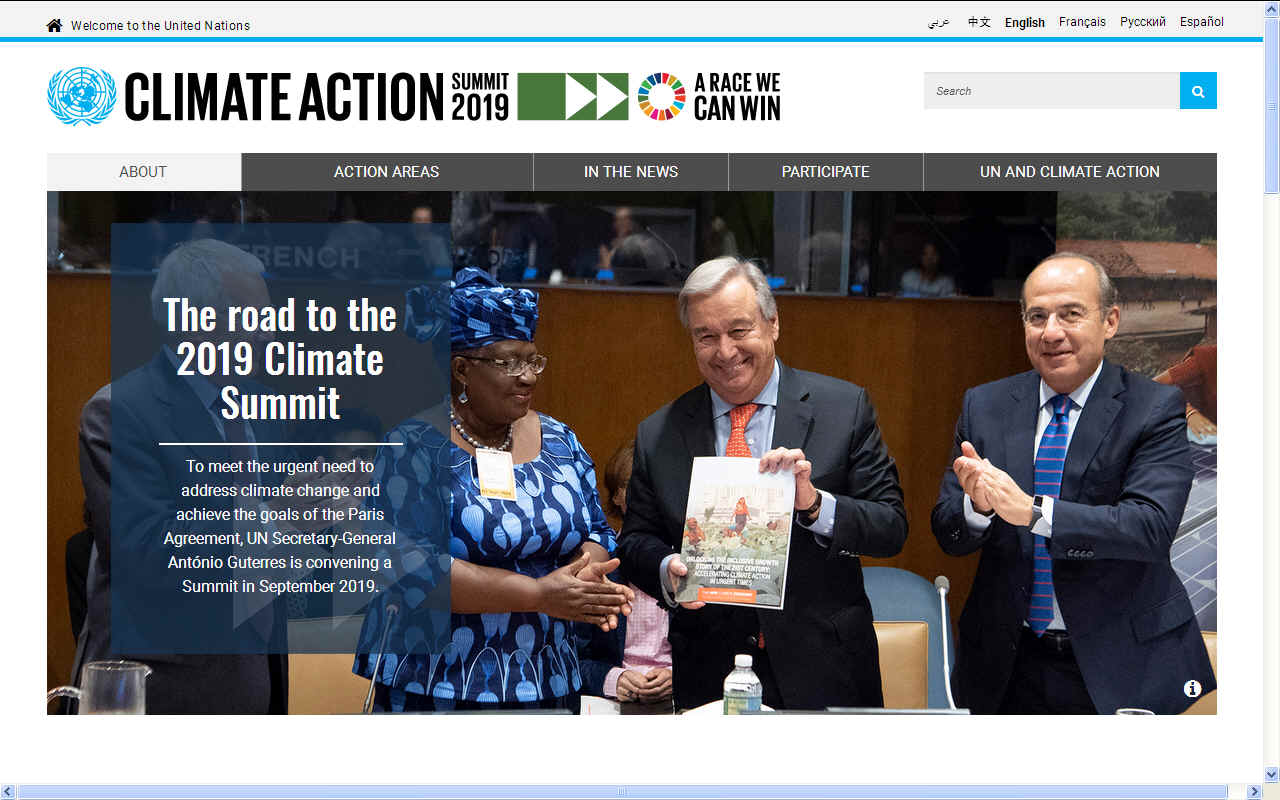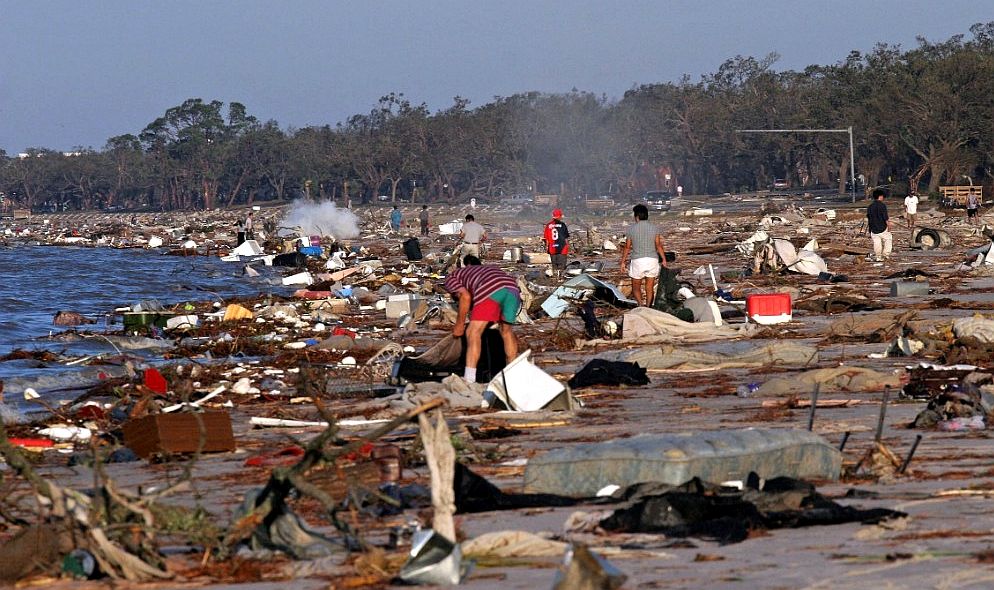|
CHALLENGES - CLIMATE CHANGE
Please use our A-Z INDEX to navigate this site |
|||
HURRICANE MICHAEL - Hundreds of homes are destroyed by strong winds, with global warming likely to increase the ferocity and regularity of events. Homes will not be safe, so watch your mortgage and insurance premiums cover you - or you'll lose your life savings and be homeless because your leaders were stupid enough to allow climate change to go unchecked, in the process bullshitting you - and you were dumb enough to fall for it! Next time vote in some common sense and action.
Seven billion people use a phenomenal amount of
planet earth's natural resources and requires a complex system of commerce to distribute it to where most people live,
given that over half the global population is urban.
To survive, we need to better understand the challenges.
STORMS - We like a bit of rough weather, but when it means making people homeless and vulnerable, we take a different view.
FOOD
FOR THOUGHT - FIVE HEADINGS TO PONDER
WATERLOGGED - When one of the world's icons is flooded, it makes you wonder what is going on.
Each time there is a climate change effect the:
PARKING PROBLEMS - Now where did I park that car. Floating cars make it difficult to remember where you left it. But then when you find it, you can't drive it anyway.
There is considerable uncertainty around
the details of climate change.
What we do know is that our climate is changing and this means:
- glaciers will retreat and advance
- snow cover will change its extent and persistence with direct effects on meltwater and the earth’s albedo
ALBEDO
GOING - Together
with Greenland’s ice sheet, Antarctica’s ice sheet contains more
than 99% of the world’s fresh water. Most of that water is frozen in
masses of ice and snow that can be up to 10,000 feet thick. But as human
activity sends more greenhouse gases into the atmosphere, the oceans
absorb 93% of the excess heat those gases trap. The warm air and water
is what’s causing ice sheets and glaciers to melt at unprecedented
rates.
For the plants and animals that make up the natural systems there will be one of three
outcomes:
ARCTIC WINTER - Where has all the ice gone and why is it so hot. Open the door someone.
If world weather changes
with rapid intensity such that survival and relocation are compromised for more than a handful of organisms, the capability of nature to function
as we know it is conflicted.
SIX (SUGGESTED) STEPS TOWARD A COOLER PLANET
1. TRANSPORT: Phase out polluting vehicles. Governments aim to end the sale of new petrol, and diesel vehicles by 2040 but have no infrastructure plan to support such ambition. Such infrastructure should exceed the performance of fossil fuel filling stations, prolong EV battery life and provide power grids with a measure of load leveling. Any such system should seek to obviate the provision of millions of fast charge points where implementation could prove to be a logistical nightmare. This may involve international agreement as to energy storage format and statute to steer car makers to collaborate in part, in a world driven by competition for sales.
Marine transport can be carbon neutral given the right policies, with phased transition in specific stages such as not to unduly penalize present investment in LNG shipping and other recent MARPOL compliant IC powered vessels. Future cargo and cruise vessels should be at least in part powered by renewable energy, on the road to zero carbon, making allowances for technology catch-up.
Air travel powered by kerosene should attract hefty mitigation offset, where low carbon alternatives should be encouraged.
2. RENEWABLES: Renewable energy should replace carbon-based fuels (coal, oil and gas) in our electricity for homes, factories, heating and transport. Coal and nuclear power plants should be phased out.
3. HOUSING: On site micro or macro generation is the best option, starting with new build homes that are both affordable and sustainable by design to replace crumbling housing stocks. Encourage building in timber to provide carbon lock from a renewable natural resource. Make sustainable housing a permitted development, taking out the need to apply for planning permission, will cut out council blockers (such as absurd legal costs) from the decision making process, to stamp out empire building agendas. Plans for a standard, or certified as acceptable design, would eliminate professional fees in the interests of low carbon building.
4. AGRICULTURE: We need to grow more trees to absorb carbon emissions from a growing population, air travel, and to build new homes. We should promote reductions in food waste and eating of foods that use less energy to produce. Educating children on these matters in schools and via campaigns such as no meat Mondays, should be part of ordinary study.
5. INDUSTRY: Factories should be aiming for solar heating and onsite renewable energy generation. EV parking and even service facilities should be part of new industrial estates as part of any building permissions.
6. POLITICS: - National governing bodies need to adopt rules to eliminate administrative wastages, to include scaling down spending on war machines, increasing spend on educating the public and supporting sustainable social policies that mesh with other cultures. This includes fostering policies and making funds available to close links in the technology chain to make up for lost time. Kleptocratic empire building must cease in the search for natural equilibrium.
COP HISTORY
CREATURES OF HABIT - The United Nations is an organization that is finding it hard to persuade their kleptocratic members to change their dirty energy habits. The reason being that their more prominent members are the biggest users of fossil fuels, with so much invested in oil wells on land and rigs offshore that they cannot give up this source of personal wealth creation. Their shareholders want their dividends no matter how much it hurts the planet.
LINKS & REFERENCE
https://www.un.org/
Please use our A-Z INDEX to navigate this site
|
|||
|
This website is provided on a free basis as a public information service. copyright © Climate Change Trust 2019. Solar Studios, BN271RF, United Kingdom.
|
